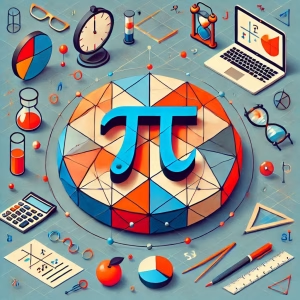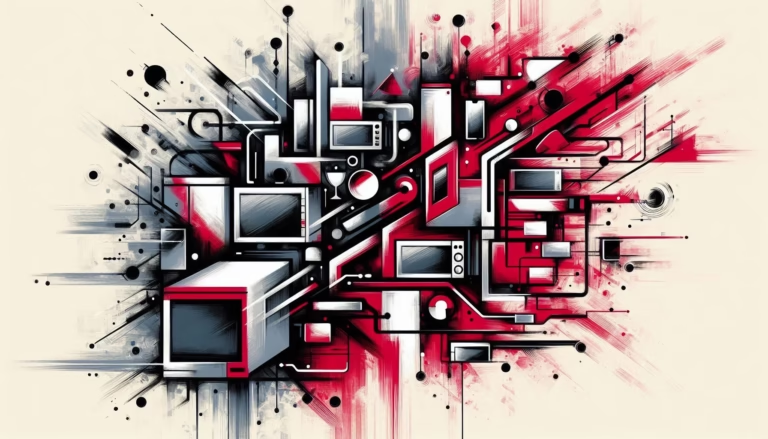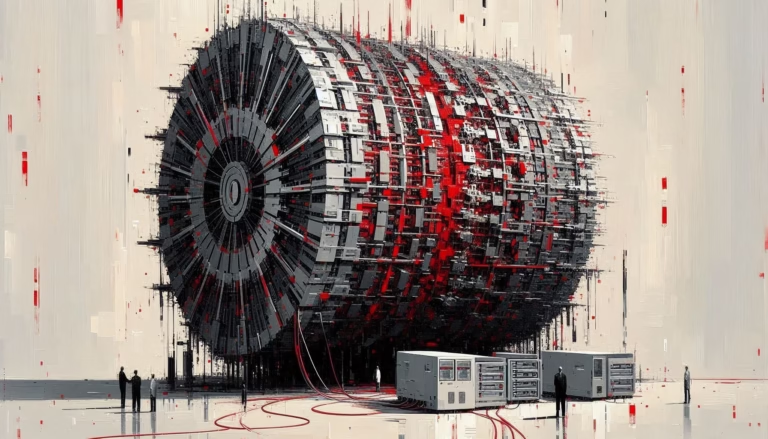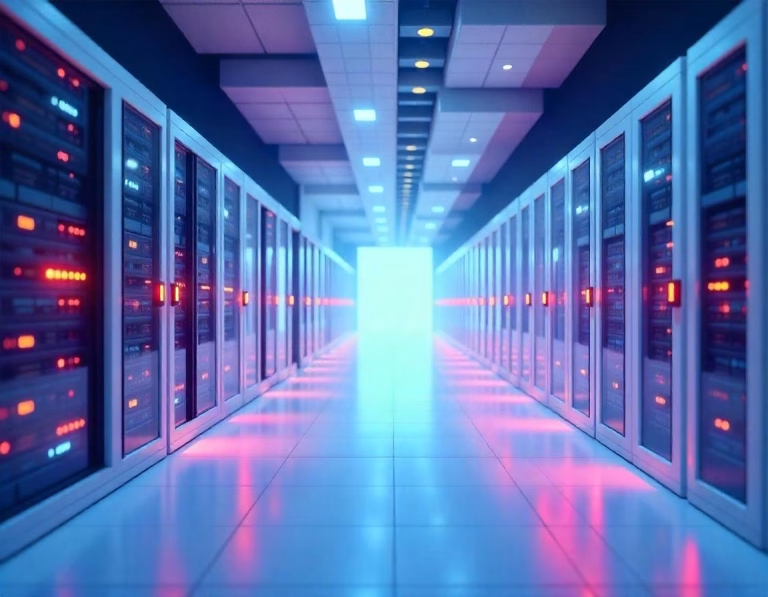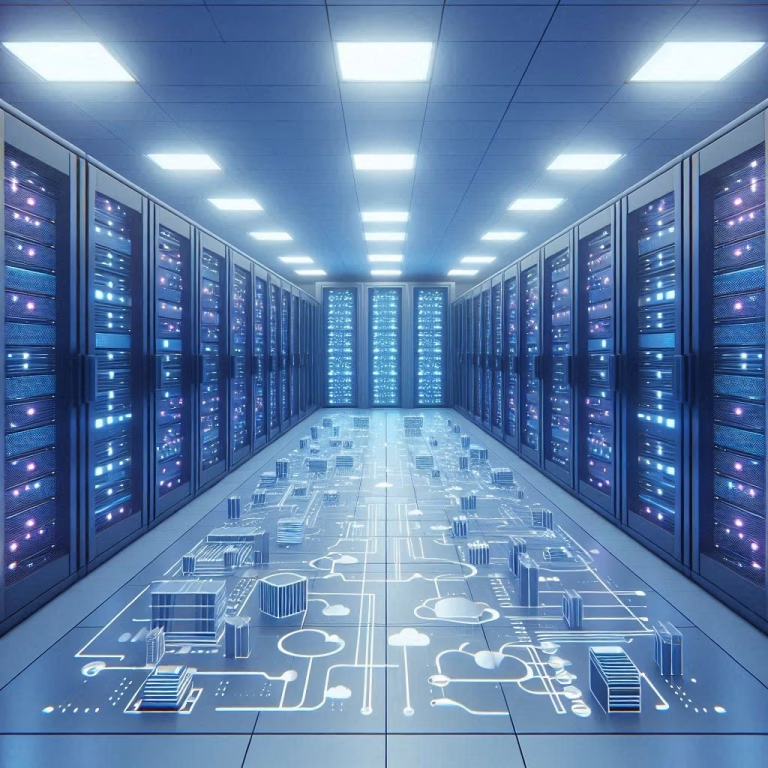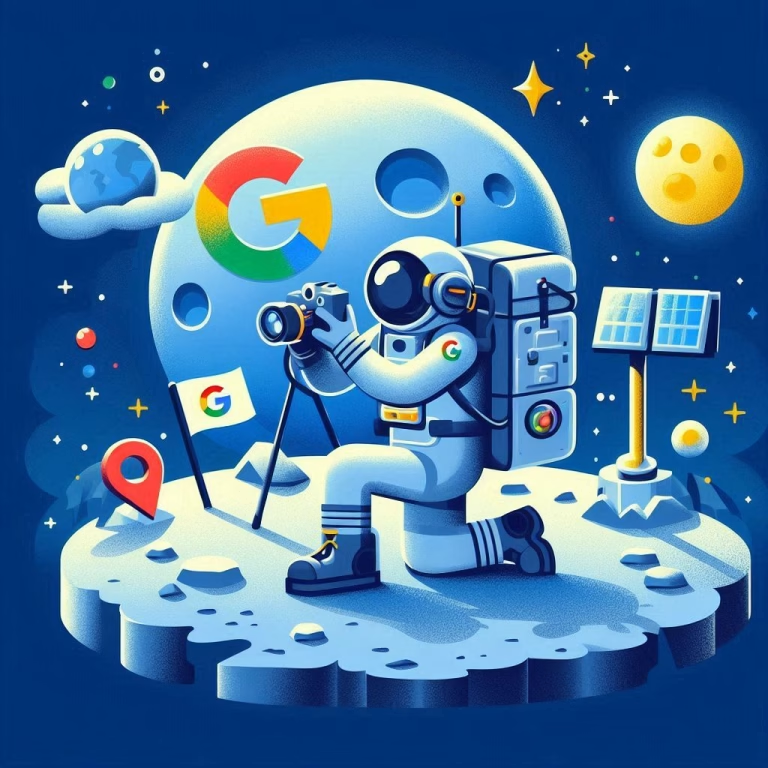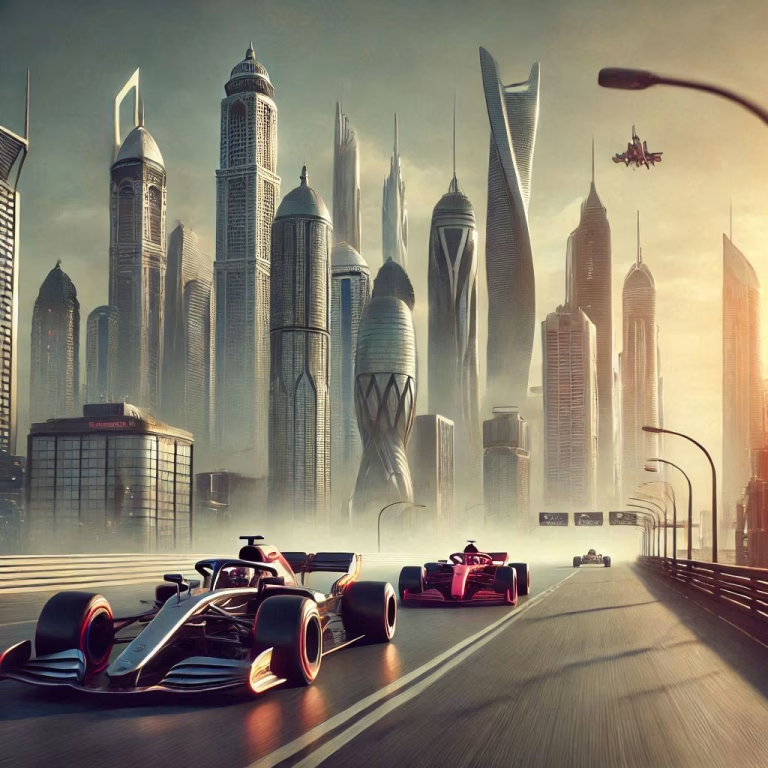Throughout the centuries, humankind’s relentless pursuit of knowledge has led to revolutionary discoveries that have profoundly shaped the course of civilization. As we have expanded our understanding of the natural world, pioneered new tools and technologies, and pushed the boundaries of possibility, the progress of society has advanced in tandem. By studying the seminal scientific and technological innovations across history, we can trace humanity’s eternal quest to comprehend and harness nature for the betterment of our existence.
Foundations of Civilization: Discoveries in Construction and Writing
The ancient world witnessed innovations that would lay the groundwork for organized societies. The development of concrete by the Romans in the 1st century BCE led to the creation of architectural wonders, enabling the construction of infrastructure necessary for an empire to function and thrive.
The invention of paper by the Chinese eunuch Cai Lun in the 2nd century CE enabled the recording and sharing of information, setting the stage for future knowledge accumulation. By creating durable writing surfaces and permanent structures, early civilizations could preserve and transmit knowledge in a way not possible through the spoken word and temporary buildings alone. This allowed them to build upon previous learning rather than constantly starting over. The impact of these ancient technologies persists today, as concrete and paper remain essential to urban development and the dissemination of information.

Medieval Revelations: Exploring the Mechanics of Nature
As the Middle Ages witnessed the rise and fall of empires, philosophy, science, and technology continued advancing. Hero of Alexandria’s studies of atmospheric pressure and pneumatics in the 3rd century CE laid the foundations for understanding the physics of gases. The Corpus Juris Civilis, a legal code commissioned by Emperor Justinian I in the 6th century CE, established a common body of laws across the Byzantine Empire that went on to influence modern civil law jurisprudence.
By quantifying natural phenomena like air pressure and creating uniform legal systems, thinkers and leaders of the era expanded humanity’s grasp on the physical world and how we govern society. Even simple machines like the windmill became increasingly common during the medieval period, harnessing mechanical power that would drive further innovation. Despite social turbulence, the medieval period saw important strides in rationalizing and systematizing human knowledge.
The Renaissance and Enlightenment: Revolutionizing Science and Society
The burst of art, literature, philosophy, and science known as the Renaissance built upon the scholastic tradition of the Middle Ages to usher in dramatic revolutions in cosmology, visual representation, and printing. Nicolaus Copernicus put forward his sun-centered model of the solar system in the 16th century, contradicting the prevailing geocentric model and setting astronomy on a new path of understanding our cosmic position. The development of linear perspective enabled Renaissance artists to paint natural scenes with breathtaking realism and accuracy. Johannes Gutenberg’s printing press, introduced in the mid-15th century, allowed books and ideas to spread with unprecedented ease.
In the 17th and 18th centuries, the Scientific Revolution and Enlightenment continued humanity’s intellectual blossoming through groundbreaking discoveries in physics, engineering, and political philosophy. Isaac Newton developed his laws of motion and theory of gravity, accurately explaining phenomena on earth as well as in the heavens. The steam engine, improved upon by inventors like James Watt, demonstrated the utility of harnessing steam for mechanical power, driving the Industrial Revolution. Enlightenment thinkers like John Locke introduced concepts that influenced human rights and democratic forms of governance.
Tremendous strides were made in understanding the cosmos and nature while also rethinking humanity’s place in the world. Knowledge gained theoretical and practical applications to transform how we live and organize society.
Harnessing Electricity and Information: Modern Conveniences Emerge
As the 19th century progressed, pivotal discoveries in electromagnetism and information science extended humanity’s faculties and harbingered an age of modern convenience. Michael Faraday’s seminal work on electricity and magnetism in the 1830s underpinned such wonders as electric motors, generators, and wireless communications. The first trans-Atlantic telegraph cable went into operation in 1866, allowing rapid communication across vast distances. Hungarian inventor Tivadar Puskás introduced telephone exchanges in 1877, improving telephone service with switchboards and operators.
Thomas Edison’s invention of the phonograph, light bulb, and motion pictures brought convenience and entertainment into the home. Nikola Tesla designed practical alternating current electrical systems in the late 1880s, enabling efficient electrical distribution networks. Together, these discoveries electrified society both figuratively and literally, illuminating our homes, connecting people globally, and powering technological advances.

The Modern Era: Revolutions in Computing, Medicine, and Networks
Discoveries and inventions in the 20th and early 21st centuries have profoundly transformed how we live, work, and even think about our place in the universe. Building upon centuries of scientific progress, researchers produced transformative breakthroughs that shape the modern world. The invention of the internet by computer scientists in the 1960s and 1970s led to the interconnected digital world that has redefined communication, commerce, and access to information. Medical advances such as antibiotics, vaccines, medical imaging, gene sequencing, and immunotherapies have dramatically improved public health around the world. Revolutionary feats of engineering like manned spaceflight and commercial air travel made the world feel smaller. Consumer products from smartphones to GPS have digitized and personalized our lifestyles.
The rapid pace of technology can mask just how fundamentally recent innovations have altered human life. With knowledge building upon knowledge, we have achieved in decades what previous generations might have taken centuries or millennia to accomplish. Our modern alchemists continue to make breakthroughs, from advanced materials to quantum computing that push the boundaries of possibility daily.
Looking to the Future: Endless Discoveries Await
From the wheel to splitting the atom, the chain of discovery that characterizes human history shows no sign of slowing down. Each innovation opens doors to new realms. As modern science and technology accelerate progress, the possibilities appear endless. Fields like biotechnology, nanotechnology, robotics, and space exploration beckon us to keep exploring the unknown. The voyages of discovery that defined the ancients, medievals, and moderns urge us onward.
Of course, with progress come new challenges and responsibilities. As we create new powers, we must exercise wisdom in using them ethically and sustainably. Still, if history shows us anything, it is that by boldly seeking knowledge, we expand what it means to be human. We transcend perceived limitations and improve our condition. It is a pursuit as endless as the cosmos we seek to understand, requiring imagination, discipline, and daring. We are the authors of our odyssey, and endless chapters have yet to be written.
Though the destination remains unclear, the marching quest for discovery itself imparts profound meaning. With insatiable curiosity and courage, we will continue to march forward, one invention, one breakthrough at a time. The adventure has no end.


